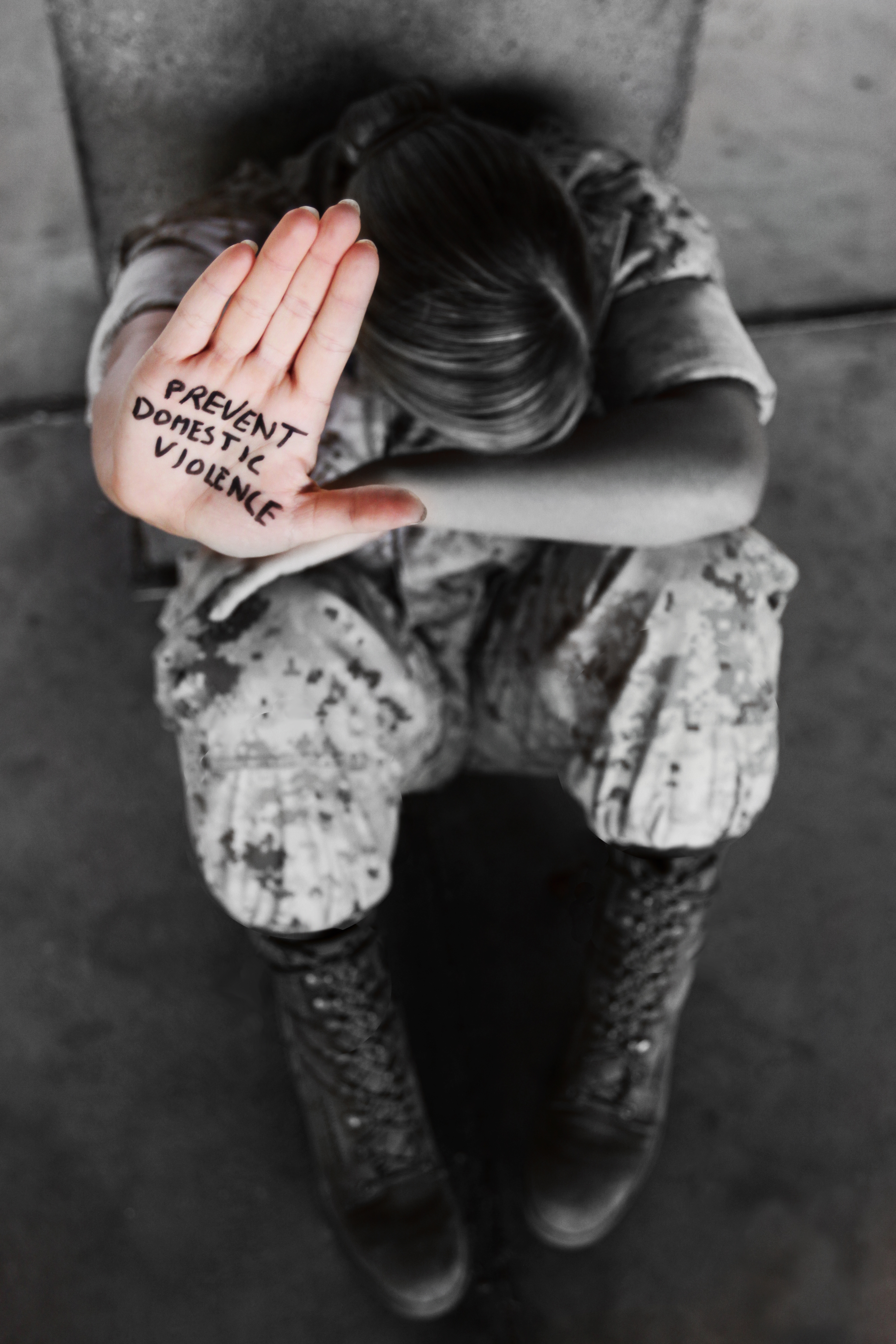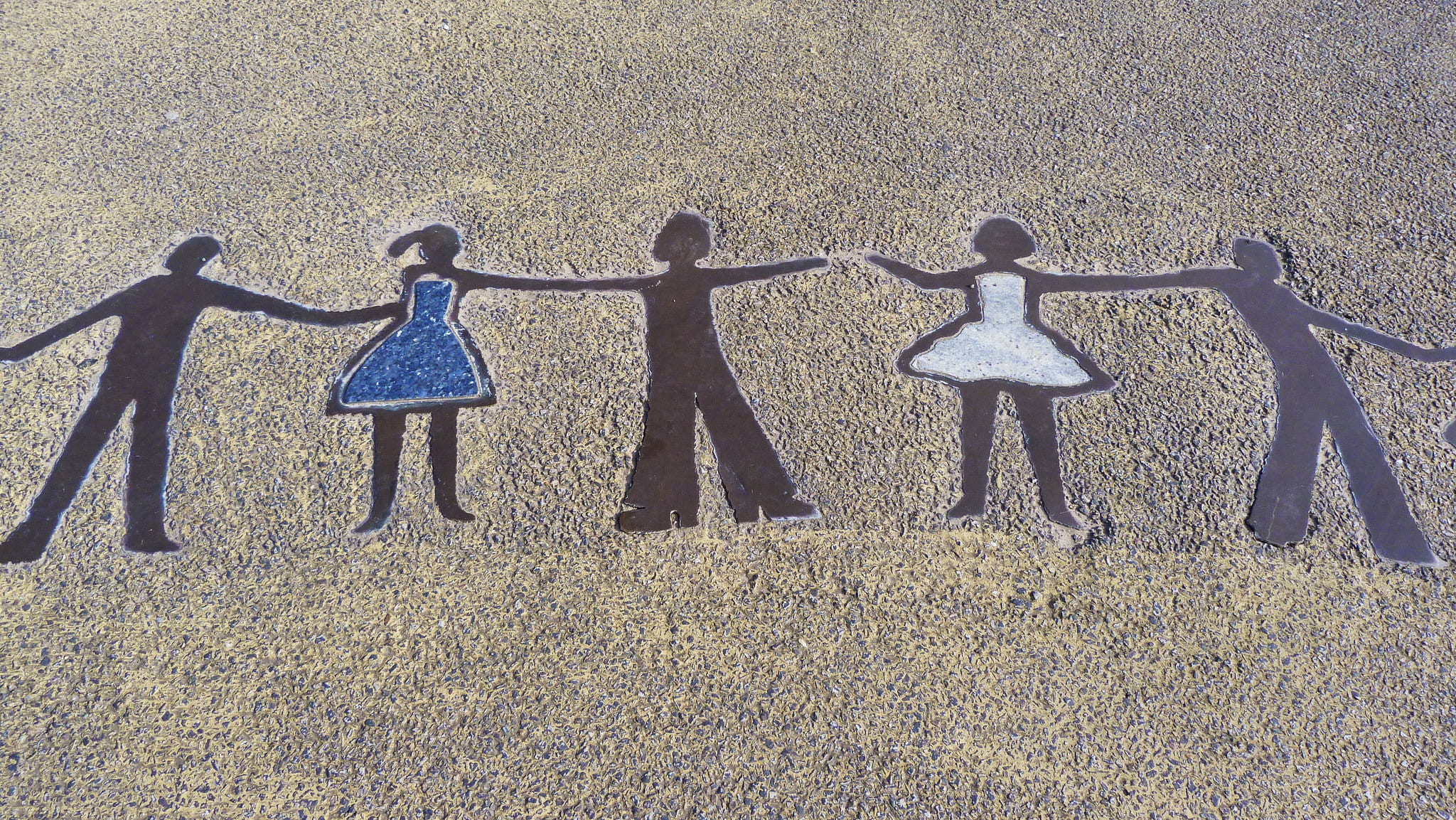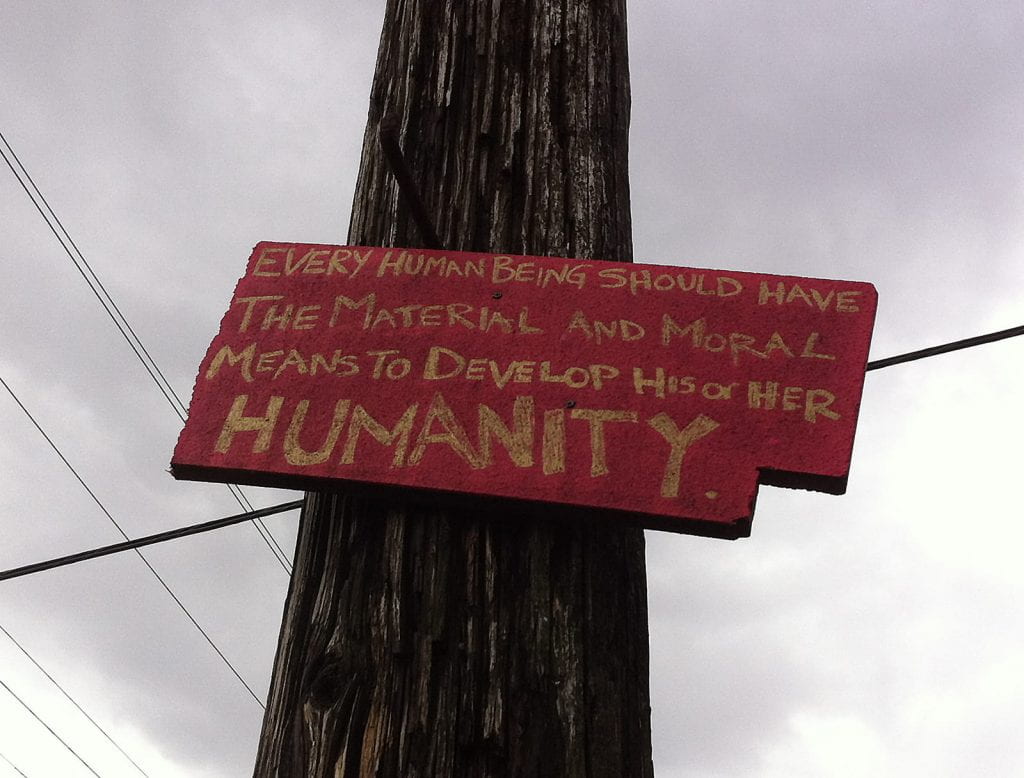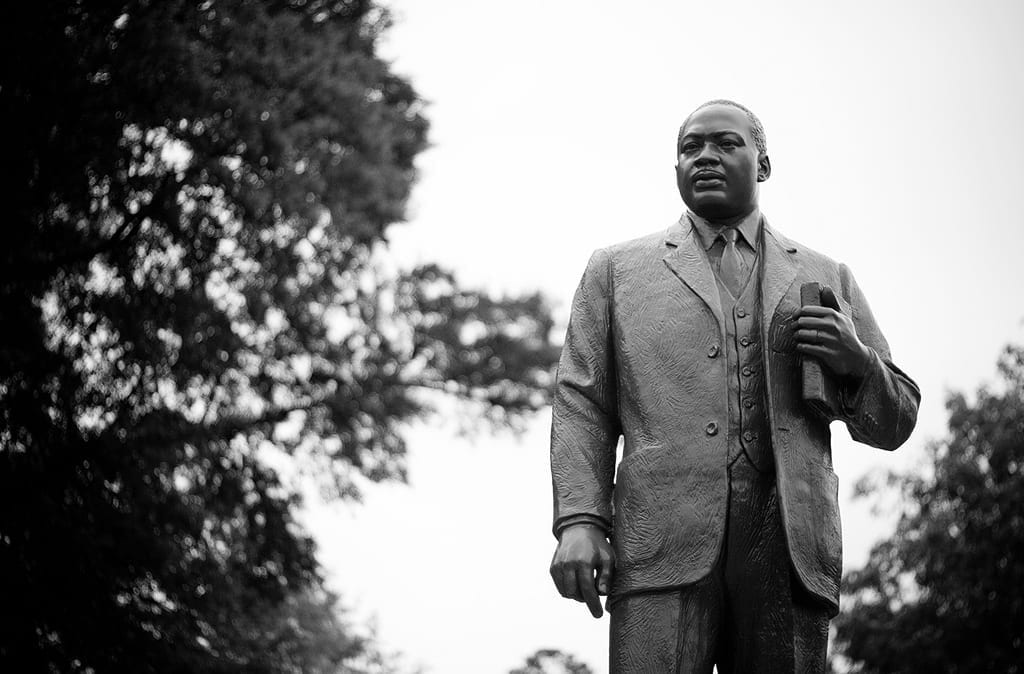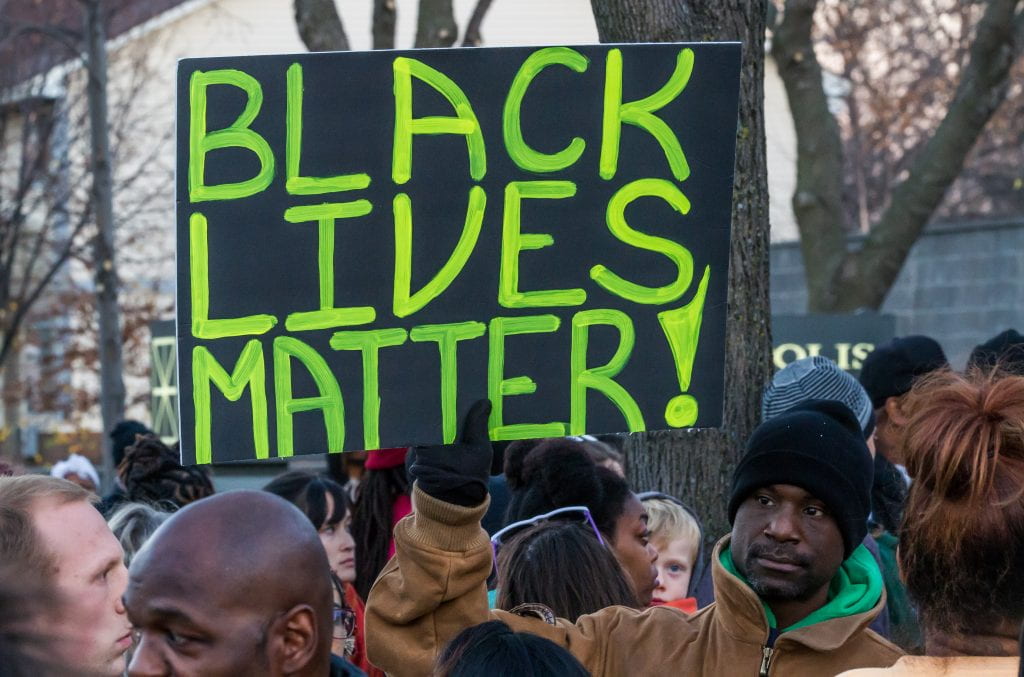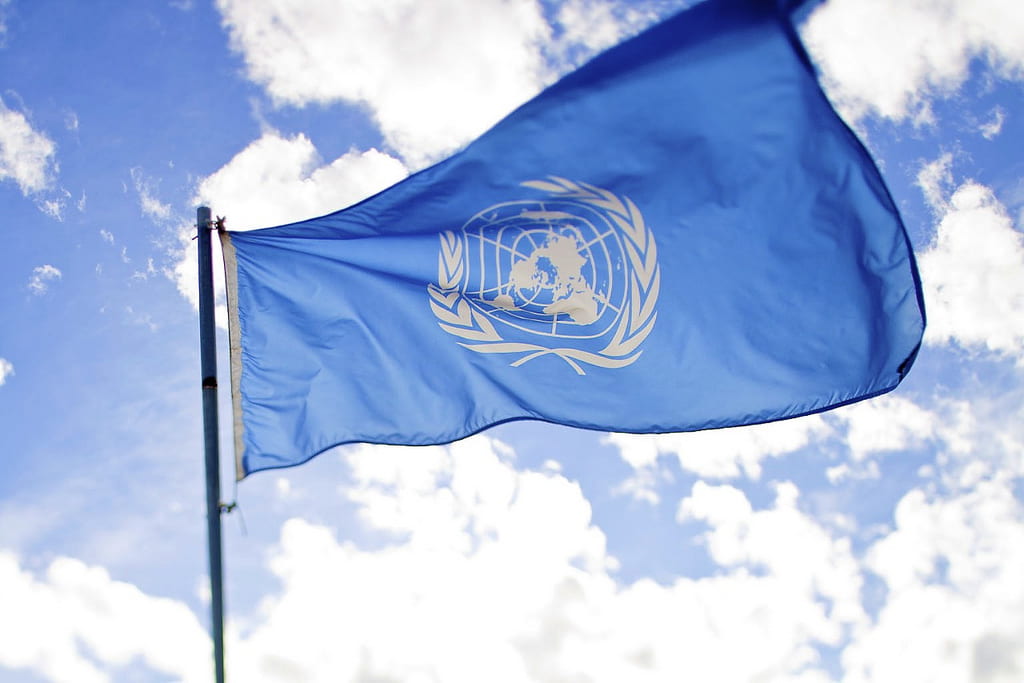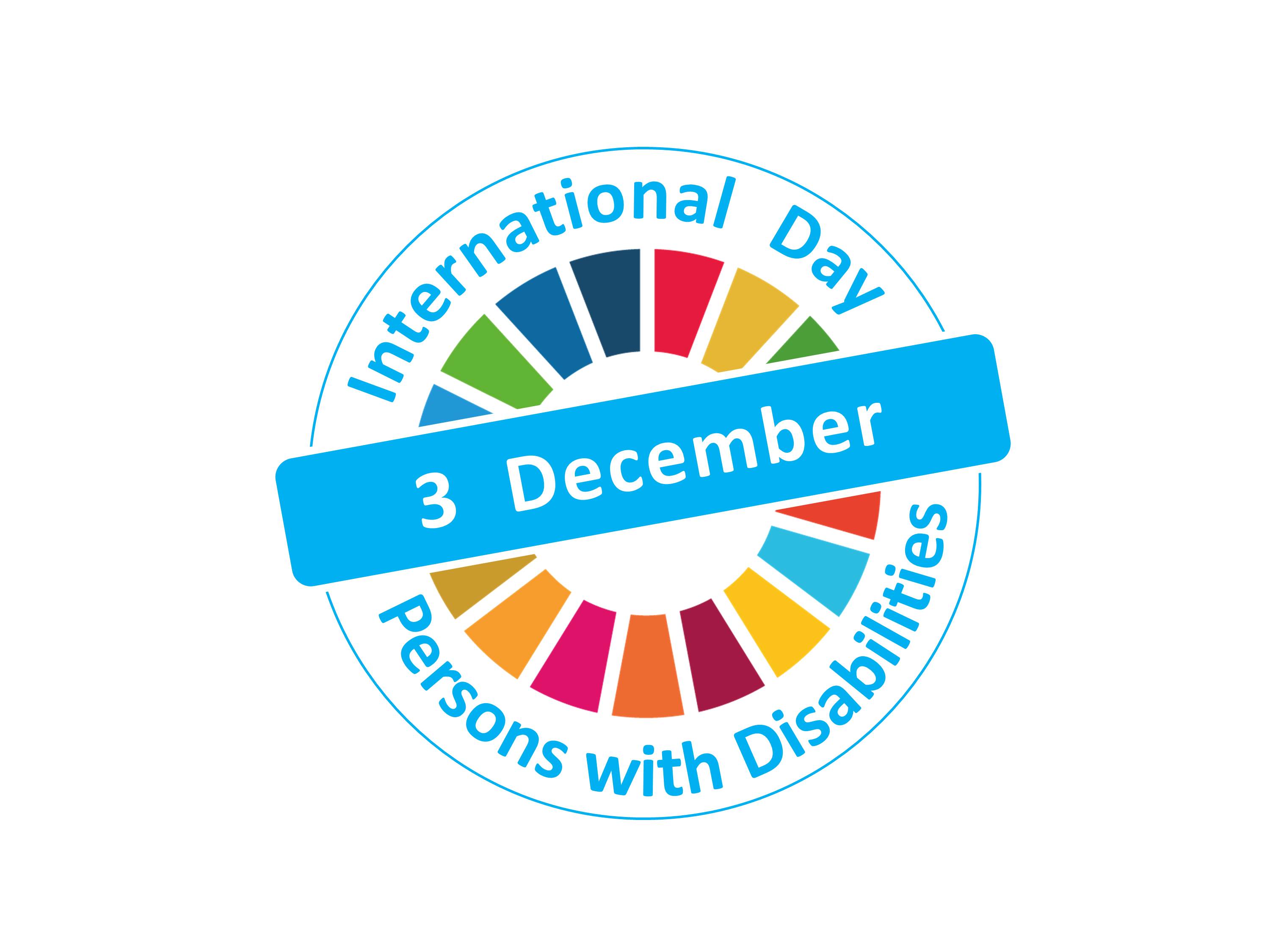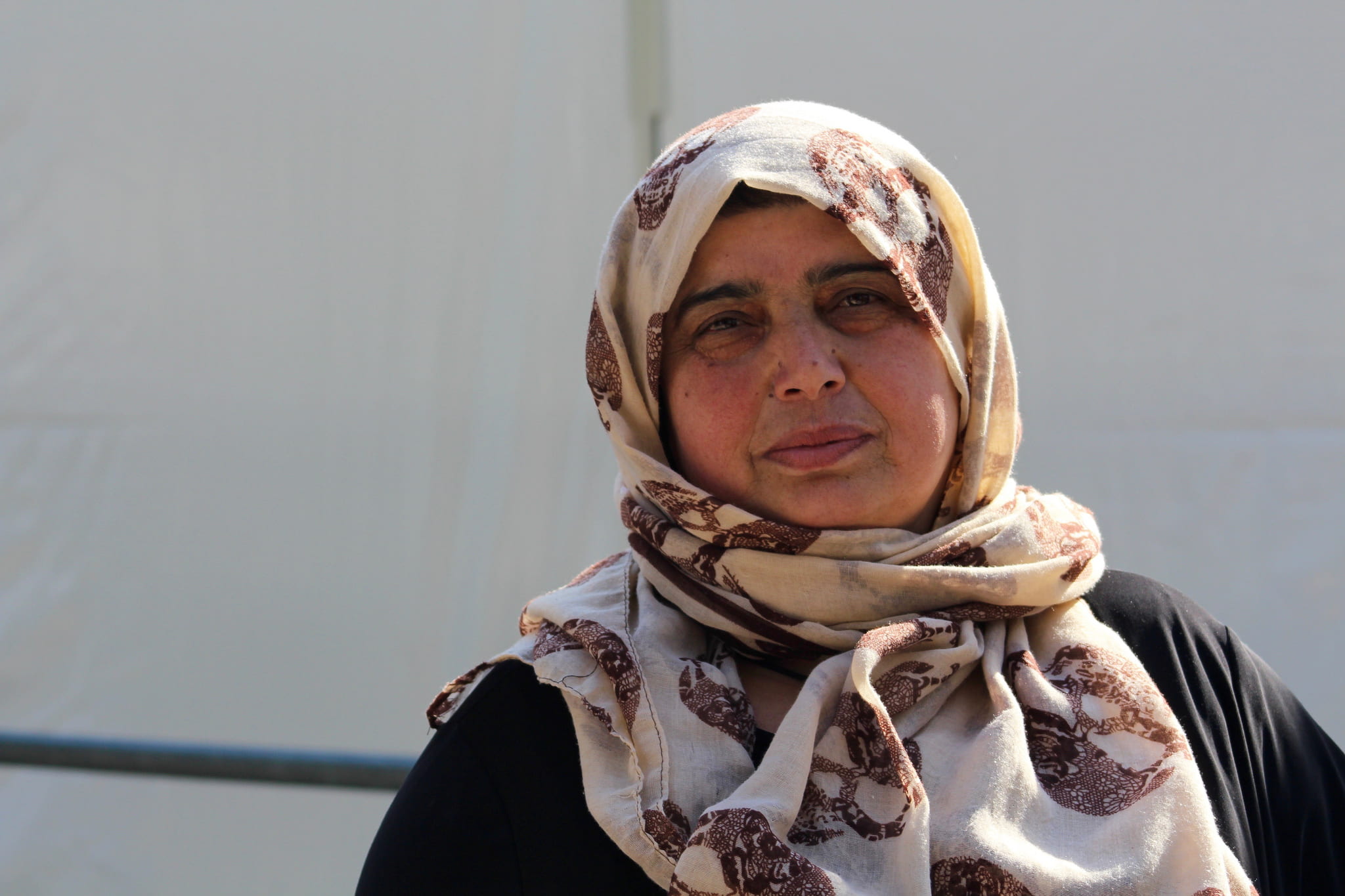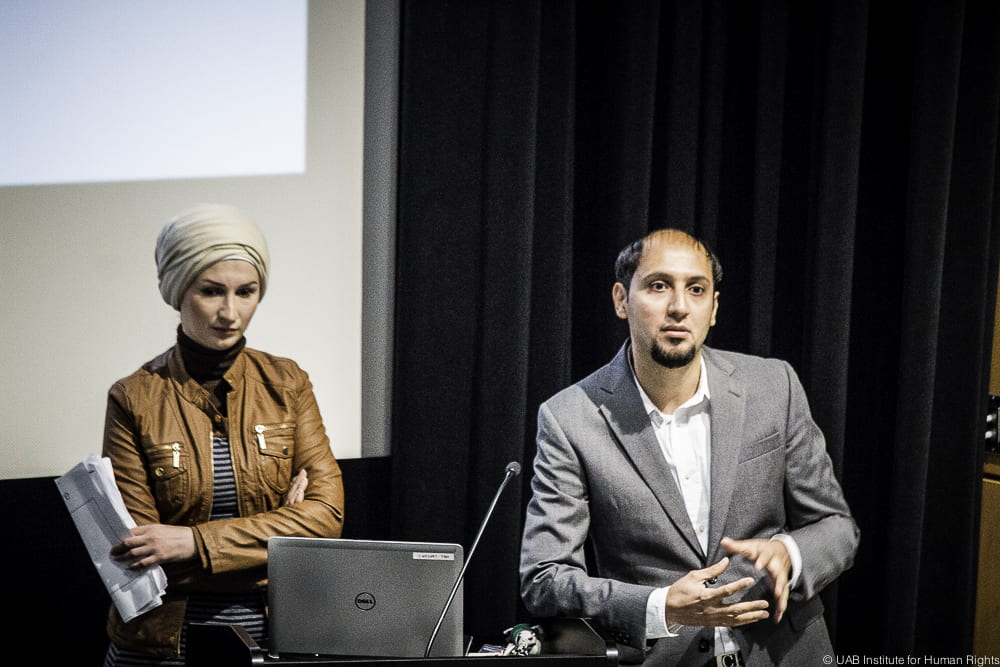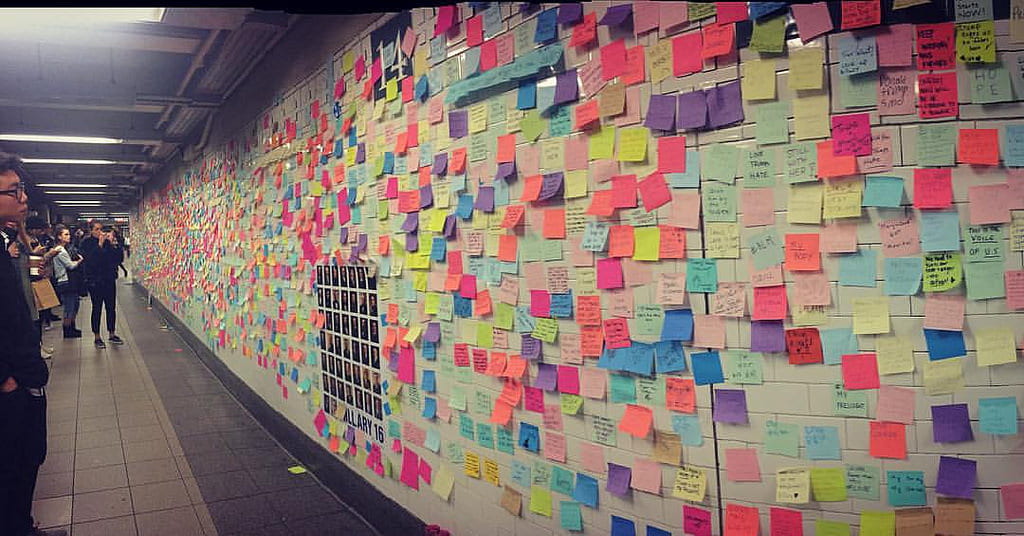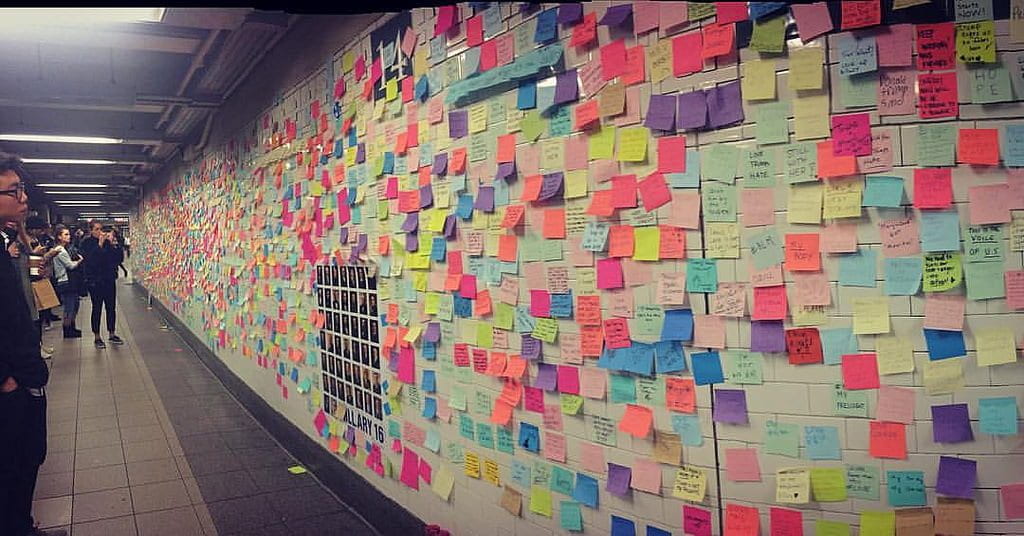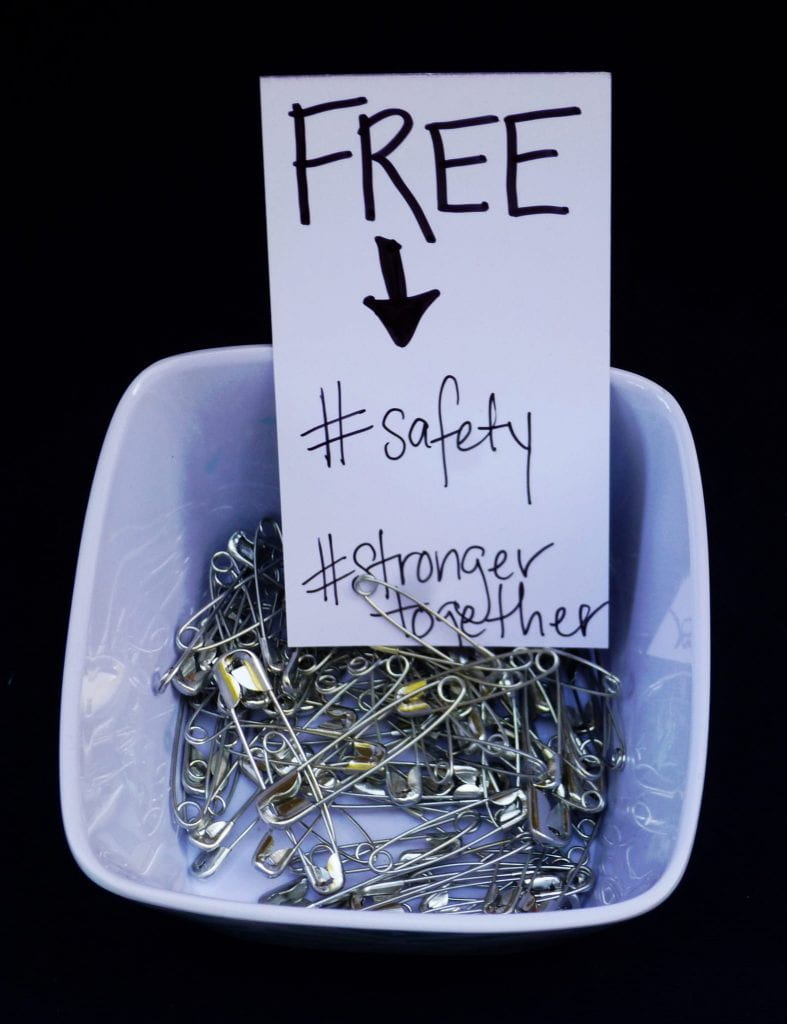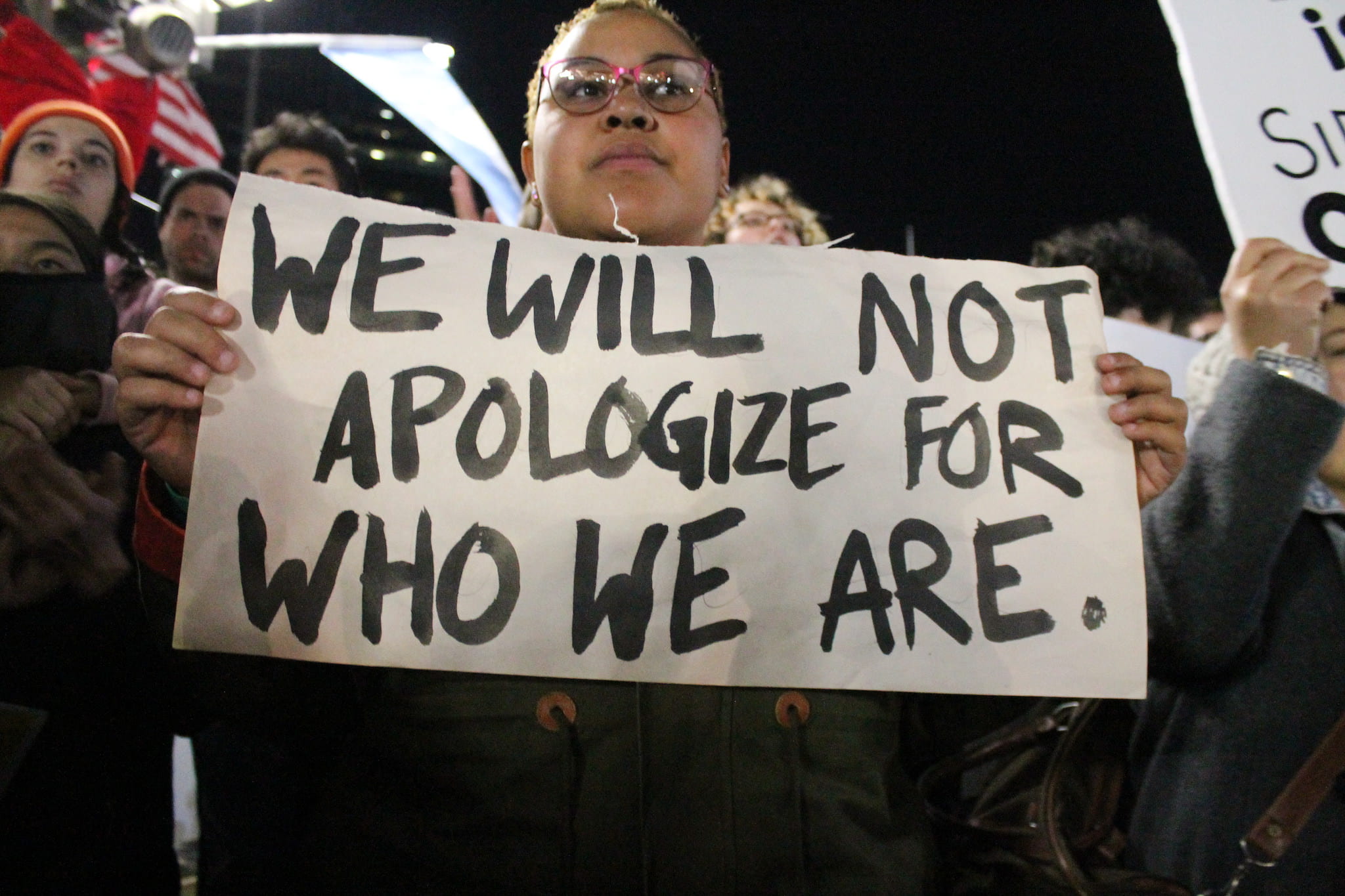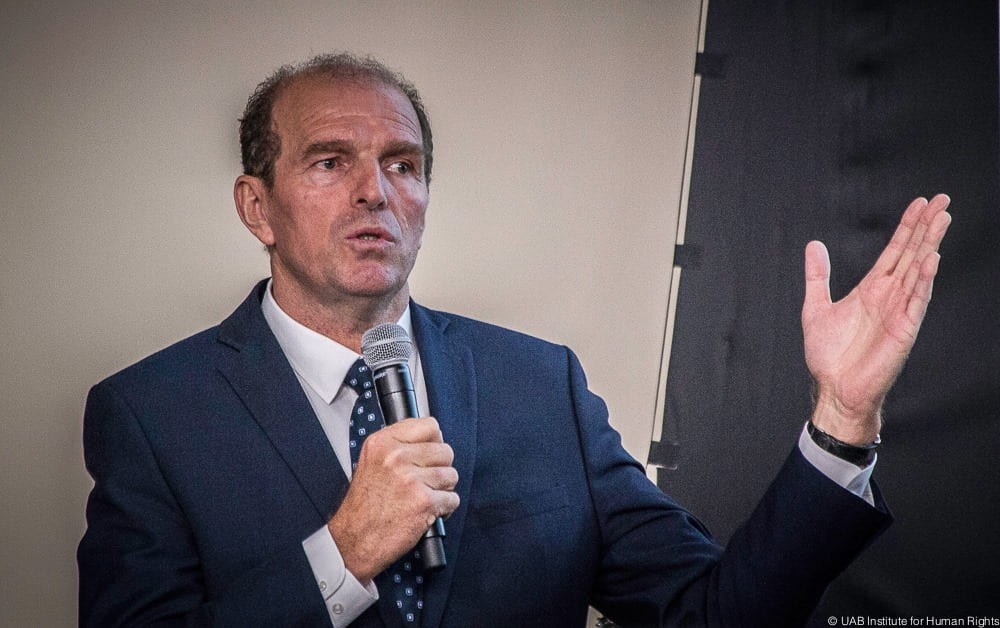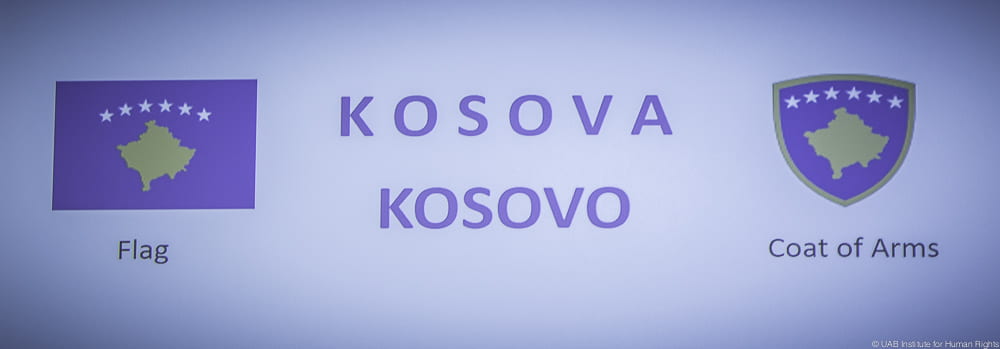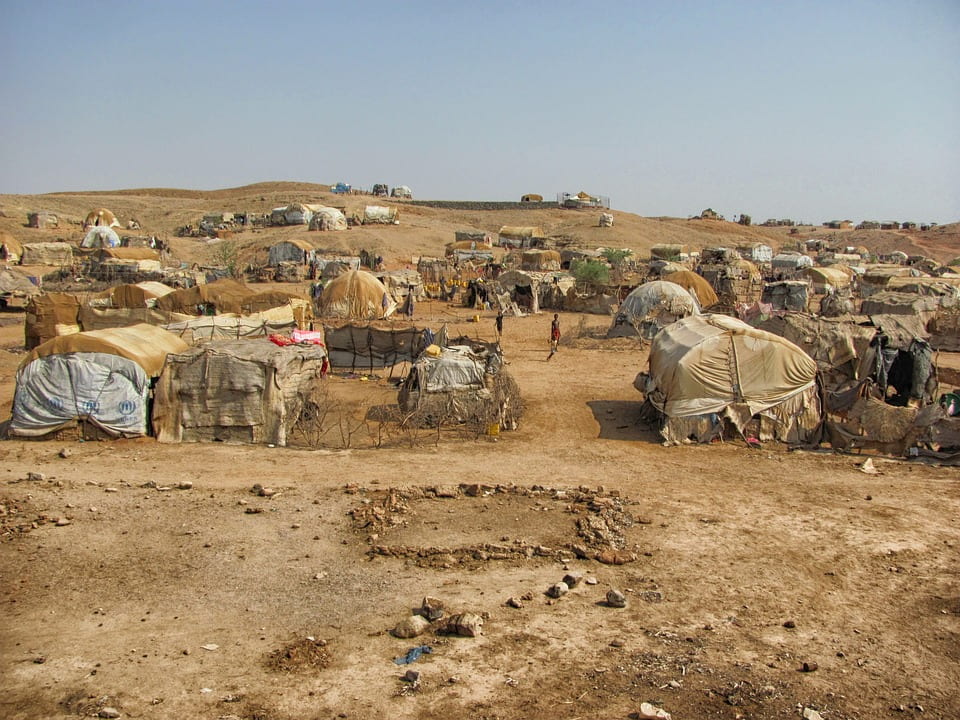by Sunny Slaughter
It took me a minute to get my thoughts together on exactly what I wanted to say in this piece as a guest blogger. I rewrote this more than once, almost to the point of nausea thinking about whether I should not offend the host and its readers, but then I realized that truth can sometimes be a bitter pill to swallow, one drop can create a ripple effect, and this truth is my reality. Human Trafficking thrives off many things including silence. Human Rights is not always a matter of what is given, but rather what is demanded. Race and racism has never been about justice, but rather privilege and the privileged can never fully comprehend what they won’t ever fully experience.
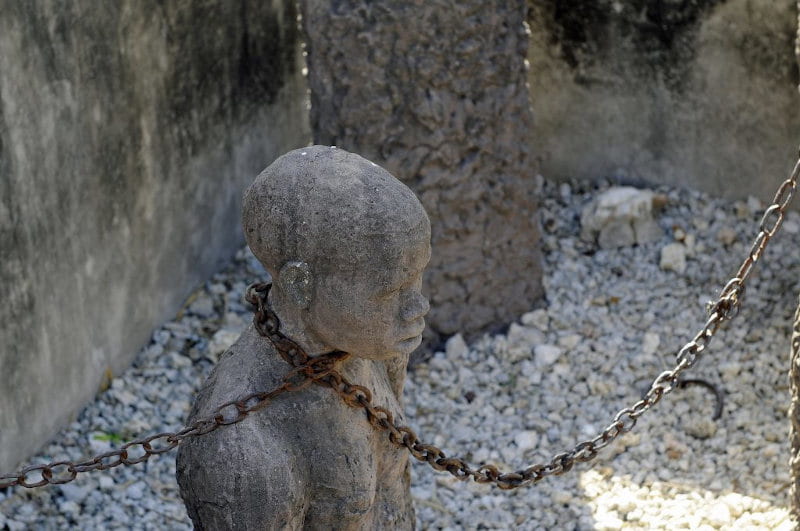
History does matter. The truth is I don’t personally like the term “modern-day slavery”. In fact, I’ve often wonder whose idea it was to coin this phrase in the first place? “Slavery” and particularly in the U.S., was the legal victimization and oppression of an entire population of people based solely on race, that continues to have generational repercussions. Black women and girls were raped, beaten, held captive, violated, taken from their families, sold, mutilated and even murdered. They were forced to bare the children of their perpetrators, teach others how to endure, passed between the family and visitors of their owners, and publicly shamed by their own people. Men were stripped of their human dignity as they stood by and watched helplessly as the women and girls in their lives were violated, impregnated, taken and sold. Even more poignant is the unspoken evil with regard to their own rape and violation. Blacks were forced to endure extreme and hostile conditions of labor in fields and industries without regard to age, gender, physical condition or mental capacity. The laws protected perpetrators, not victims, there were no shelters, services, support, training or promises of restitution. It was called slavery, not modern, just slavery.
Now don’t get me wrong, I understand the premise behind the term “modern-day slavery” but it is disingenuous at best, to give weight to words in theory, without understanding or recognizing the ramifications of their historical context. I have long said that Human Trafficking is not new, it is slavery revisited, reinvested and renamed, but the only thing modern about it, would be the implication that now it is a problem, because the women and girls largely recognized as victims and survivors have European features. Laws are often changed when those who make them become uncomfortable with the societal ills that begin to impact them personally.
Nelson Mandela, said “The truth is that we are not yet free; we have merely achieved the freedom to be free, the right not to be oppressed.
The perception of modern-day slavery When most people hear the word human trafficking, it is almost always in connection to sex trafficking and tends to immediately invoke a strong emotional reaction of horror and disbelief. The visual perception of women and girls, with European features and as very young, being held captive and forced to engage in acts of sexual depravity and violence is unthinkable. People become even more horrified to learn that this is not just happening in some third world country, but right here in the U.S..
News articles, press conferences and information of coordinated law enforcement agency operations regarding human trafficking, dominate the media about white women and girls reported as runaways or missing, being lured through on-line exploitation and rescued at big sporting events, in hotels and from street-based prostitution. According to Natalie Wilson, co-Founder of The Black and Missing Foundation, 64,000 black women, girls and others are currently missing in the U.S., and yet it fails to make the headlines and sometimes even falls below the radar for law enforcement. Even more disturbing, is the reality that “anti-trafficking groups and policy makers continue to ignore the impact that race and racism play in domestic sex trafficking efforts which do not recognize minority youth as victims.”
Documentaries, movies, conferences, printed material and social media awareness campaigns, continue to keep the focus on shelters and organizations that gather substantial support and funding, while making headlines by incorporating survivors who have become the experts leading the charge for change, but rarely, if ever, do they have a hue to their skin. Not that they don’t exist, because history and truth tells us, WE most certainly do. But once again, another crisis thrives off misdirection, false perception and coded language “evidence based practice”, which is fundamentally derived from data of marginalized minority populations that have been hi-jacked by the mainstream, and successfully hood-winked the masked and disengaged. The scriptures says “my people are destroyed for lack of knowledge.”
However, this does not begin to accurately depict the totality of all that is happening. The bias of information reported does not include the stories of men and boys, transgender and gender non-conforming youth and adults who are homeless, missing from Child Welfare Services, have aged-out of foster care systems and who are being exploited or sometimes self-exploiting as a means of survival with no third party involved in the transactions. Prostitution, on-line sexual exploitation, child sexual exploitation, pornography and commercial exploitation are fueled by demand; however, they are also fueled and sustained by societal factors that have been managed in silos, with no regard to systems that are vulnerable for human trafficking schemes. There are vast populations of people, (veterans, formerly incarcerated, the elderly and disabled, single mothers, homeless and minorities) who are vulnerable for human trafficking schemes, that don’t typically capture the headlines, and go unrecognized because human trafficking has been pigeon-hold by what sells (sex) what can be sensationalized (sex and girls), and what is driven largely by emotion (white).
Unfortunately, people are less emotional and horrified when they hear the words labor trafficking often relying on the preconceived notion or misinformation, that these people (who are of foreign descent), and in the United States illegally, have willingly contributed to their own circumstances. The interweaving of issues like immigration, dreamers, confinement camps, and the belief that these people are stealing jobs from Americans and should be thrown out of the country, are heavily threaded in conversations of outrage without empathy or facts. The disregard for victims who are exploited in educational institutions through criminal justice systems, commercial business and major league sports, only scratches the surface of what is not always happening in silence, thereby making all the purported efforts to end human trafficking, splintered and unrealistic.
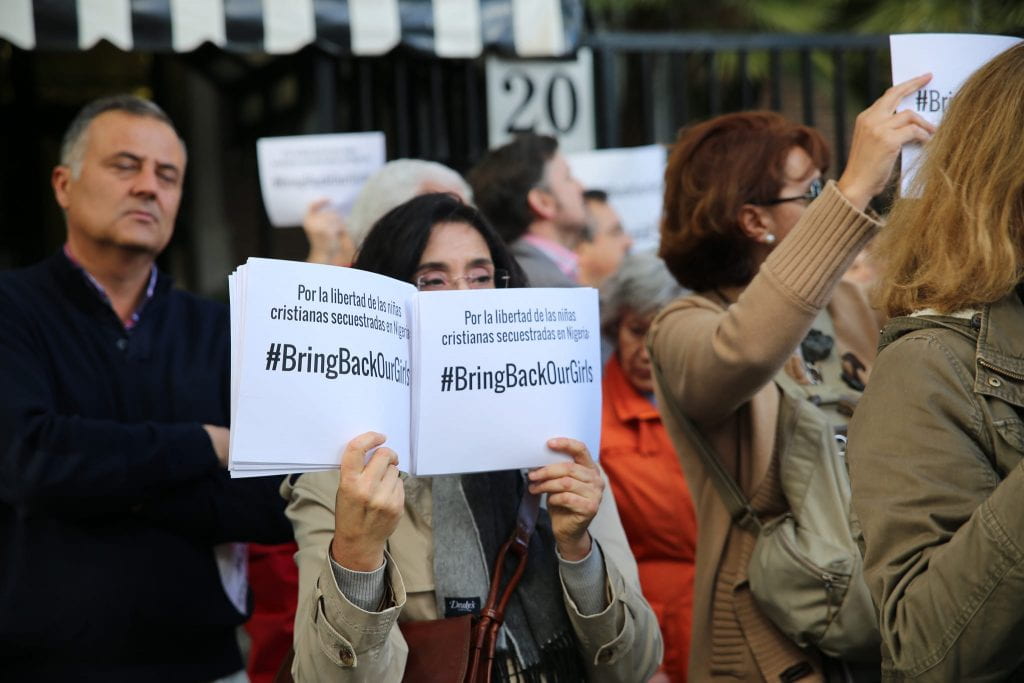
A global crisis Several years ago more than 200 black girls kidnapped in Nigeria sparked the global campaign “Bring Back Our Girls” individuals, groups and organizations across the racial, cultural and social spectrum galvanized and spoke publicly about what was happening. The viral campaign put black faces front and center in every form of media and print for the first time in the U.S., and bridged the nexus of human trafficking and global human rights. Unfortunately, according to photographer Ami Vitale, photos that she took on behalf of the Alexia Foundation were used and misrepresented as some the images of girls who were not actual victims of Boko Haram, nor from Nigeria. As someone who has been professionally engaged with international countries working on human trafficking and human rights issues for several years, I fully support the global response, but one must take everything into account when being responsive and responsible. Americans can quickly become horrified and outraged at what happens abroad and we can interject ourselves and posture about the money we give for the human rights atrocities. We can feel free to boast of our successes in politics and in a democracy which allows “our people” freedom of speech, choice and opportunity. But when the mirror turns inward, and we see our reflection from where we stand, as citizens of the greatest nation on earth, how dare we spin and spew with audacity, when we can neither reconcile our history of the slavery or even our attempts with modern-day slavery.
Paradigm shift When you peel back the layers of structural inequality and violence, and identify the amount of injustices that contributes to marginalized populations becoming victims, you can recognize the nexus of human trafficking and human rights. Mandela said, “to deny people their human rights, is to challenge their very humanity”. Systems embedded in structural violence only exacerbate opportunities of exploitation for marginalized populations. Organized and non-organized schemes swell out of the vulnerabilities known by the oppressor (trafficker, pimp, exploiter) and experienced by their victims (men, women, children); economic segregation, lack of access to quality education, health and mental health disparities and inequities, food gaps and disparities, cultural adaptation to concentrated poverty, generational trauma and violence, drugs gangs and groups, criminal behavior, discriminatory practices that alienate people and allow increased opportunities for victimization –bullying and much more.
Eleanor Roosevelt believed, “Where, after all, do universal human rights begin? In small places, close to home – so close and so small that they cannot be seen on any maps of the world…Unless these rights have meaning there, they have little meaning anywhere…”.
These are not new, nor are they beyond our control. But until we are committed to doing something that will make a substantive difference for all people and not just the select few and privileged, nothing will ever change. Martin Luther King, Jr. reminds us “injustice anywhere is a threat to justice everywhere”.
More than ever before, it is critically important for individuals representing the vast diversity of human beings in this country (African Americans, Latino/Hispanic, Native American/Alaskan Native and others) to lead, not just serve organizations. To establish shelters that provide and develop programs through a culturally competent lens for the delivery of trauma informed services and care, that address the specific needs of marginalized victims. It is imperative that we demand seats in greater numbers at the tables where decisions and policies are made with respect to human trafficking legislation, services, support, and funding. The time for one or two just won’t do, especially when the data used to garner attention and make the case for funding, comes from the very population that is being ignored. It is vital that existing shelters not be given a pass because it’s the name everyone recognizes, or it’s the only facility that serves human trafficking victims. We must raise the bar, not lower it or we risk contributing to the re-victimization victims, damaging the reputation of worthy organizations and institutions, and opening the door for predators to prey on unsuspecting individuals and businesses within our communities. People often think someone else has done their due diligence by vetting and verifying organizations and shelters are operating ethically and with integrity, but that may not always be the case. Human Trafficking is all about money, it just depends whose on the receiving end. Robert G. Ingersoll asserts, “nothing discloses real character like the use of power…”
Consider This People are looking for ways to become involved but before one does, I suggest pausing to turn down the background noise of hype and rhetoric that drives funding, volunteerism and emotions. Take the time to become fully knowledge about the issue of human trafficking, “modern-day slavery”, that has had a law for less than 20 years, that even seasoned professionals working in judiciary, law enforcement and victim service providers are still trying to understand how to respond to.
Recognize human trafficking is the new hot topic and cause, and do your own due diligence before you attach your time, talents and finances. Many people may also consider their faith, and although faith based shelters (mostly Christian), are popping up everywhere, you should be clear, that not every victim will be, nor should any person be coerced into religious practice. When a person is coerced to consider faith as a means of freedom and shelter, you have just infringed on their human rights and dignity.
Human trafficking is about the exploitation of the vulnerable and often uninformed. Predators both men and women, don’t have a certain look, and their demeanor is often not what one might expect. The same can be said of some survivors, who claims have been proven to be false or called into question. You must decide. So, before you dive in and dig deep consider this!
Before you volunteer, ask questions What safety protocols do you have in place for staff, volunteers, victims/survivors? Are background checks conducted on ALL staff, volunteers, victims/survivors? What type of security do you have in place? Fencing, locked gates, guards etc.? Is the location of your facility known to the public? What safety measures do you have in place when and if a person leaves your facility to ensure that others do not find out the location? Have you ever had an incident where someone who was not authorized came to your facility? What is your rate of turn-over in staff, volunteers and victims/survivors?
Before you give, dig deep Board members are responsible for ensuring the organization is following all laws, run ethically and with integrity. So, asking for and reviewing a board’s 1099’s (GuideStar Nonprofit database) to see the names of members and have long they have served is information that you would want to know. Frequent and constant turn over should raise concern. In fact, frequent and constant turn over in staff, volunteers and even location should also raise a concern. It could be an indication of instability, financial integrity, compliance failure and even ethical reliability. How much have board members personally invested in the organization? How many victims/survivors are you currently serving, and how many have they served since the program began? How many licensed, qualified and paid, full-time staff do they have working with victims/survivors? This is an important question as to capacity and especially when it comes to transition shelters that house victims/survivors 24-hours, and drop-in shelters who may provide services and support during specified times and day. A facilities failure to have “paid” staff providing on-going professional services and support should send up a red-flag. And while it may seem like an extra step, provide your questions in writing and ask for an authorized representative to provide the information in writing, giving you time to review the answers and ask any potential additional questions later. Remember, no matter how small you give or how often you give, you have the right to know where and how your money is invested and the right to ask additional questions outside of the standard information they provide. Any organization that cannot provide you with what you require, doesn’t deserve what they are requesting. While these do not begin to exhaust the amount of questions and concerns that one should consider, this is a start.

The bridge I started out by talking about my perspective on the bridge between human trafficking, human rights and race in America. By now given the scale and what some might consider diatribe on the complexities and nuances surrounding these three topics, you may have stopped several times, considered clicking off all together, found yourself agreeing with some and disagreeing with other analysis. However, if you’ve made it this far, and I hope that you did, I also hope that you have come to realize that this is not easy, the bridge is broken and damaged in far too many places, it’s has a history of being unsteady and sometimes unreliable, it’s weak and in need of repair, but it’s what we have, until we come together to build a new one. You have now done what many of us who work on issues that impact social consciousness do every day, keep going. When it’s hard, heavy and sometimes unbearable, when the lie takes our breath away and the truth rips at our heart, when darkness gives more to our movements, than light gives to our moments. When we are crippled with fear, and yet continue to crawl, because we are survivors not merely by circumstance, but most assuredly by choice. We are destined to fight for victims, demand human dignity for survivors and seek a measure of justice where injustice reigns most supreme. We cross the spectrum of race, culture and ethnicity, we ask not for favors, but for the opportunity to bring every person’s reality into focus, so that they may become free. This is the bridge and I’m doing my part to help others cross it.
“Invest wisely in the matters of change!” (literally and figuratively) – Sunny Slaughter
Sunnetta “Sunny” Slaughter is the CEO/Principal consultant for Sunny Slaughter Consulting, LLC . Slaughter is subject matter expertise on human trafficking and intersecting crimes for a national and international clientele and serves as a policy strategist, facilitator, law enforcement instructor, expert, TEDx speaker and subject matter expert, across a broad spectrum of human rights, social justice and civil rights issues.
Additional resources:


